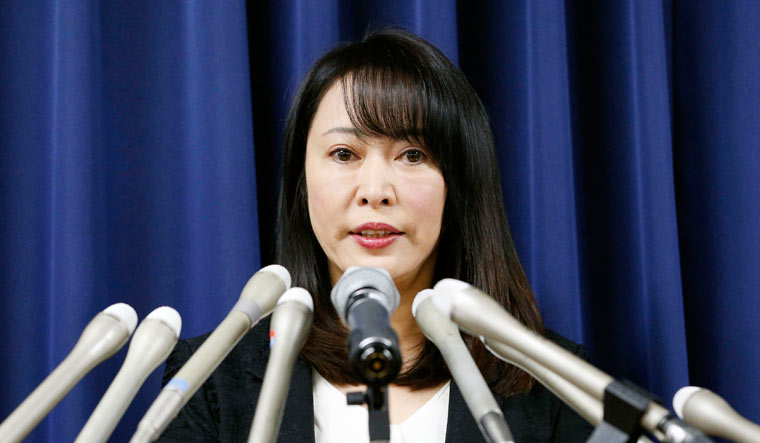Japan on Thursday conducted its first execution of a foreigner in a decade, by hanging to death a 40-year-old Chinese man who had murdered a Japanese family of four in the Fukuoka Prefecture in 2003.
Wei Wei was convicted of the crime along with two accomplices, one of whom was executed in China in 2005 and the other who received a life sentence there. Wei Wei had studied in Japan, and murdered four people as part of a conspiracy with his two accomplices. His victims included a clothing dealer, his wife, and their 8-year-old and 11-year-old children.
Justice Minister Masako Mori, who ordered the execution, said the decision was taken “after careful consideration” and that “In cases of extremely brutal and heinous crimes, such a form of punishment is unavoidable.”
They murdered the family on June 20, 2003, stealing about 37,000 yen (Rs 24,062.61 by 2019 exchange rates) in cash and disposing of the bodies in the Hakata Bay. The bodies were handcuffed and weighed down with dumbbells.
This was Japan’s 39th execution since Prime Minister Shinzo Abe came to power in 2012. Amnesty International responded to the hanging, calling it a "shameful black mark on Japan’s human rights record" and one that "exposes the government’s shocking lack of respect for the right to life."
“Ahead of a year when Japan will be hosting the Olympic Games, the country has shown that it lags far behind most of its peers. More than 100 countries worldwide have completely abolished the death penalty, while Japan persists with this barbaric punishment," wrote Arnold Fang, East Asia Researcher at Amnesty International.
According to the Justice Ministry, there are 111 prisoners on death row at present.
Last year, Japan hanged 15 people, of which 13 were members of the Aum Shinrikyo doomsday cult that carried out the sarin gas attacks on the Tokyo subway in 1995.


